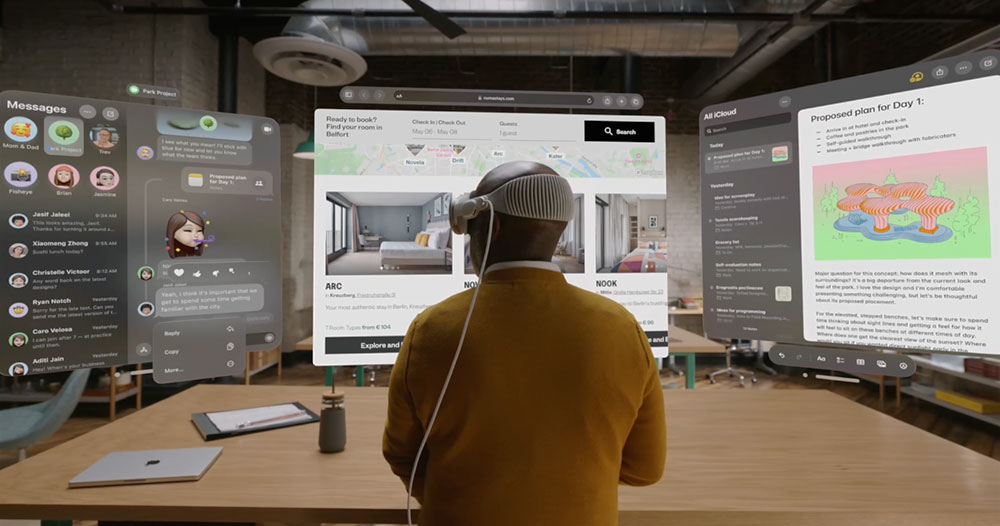
Since December ’tis the season when industry prognosticators provide their predictions for the year to come, I’ll offer my ideas about how three major tech forces — cloud computing, big data the Internet of Things — will converge in 2015, and four ways organizations can capitalize on this convergence.
The idea that cloud computing, big data and the IoT are interrelated may not be a revelation, but the various ways in which they will interact truly will be transformational.
In truth, we wouldn’t be talking so much about the growing power of big data or the infinite opportunities in the rapidly evolving IoT marketplace if it weren’t for the availability of a widening array of cloud services.
As a Service Convergence
Intense competition in the Infrastructure as a Service (IaaS) market has made connectivity, compute power and storage resources more readily accessible at commodity prices. It also has made it more economically feasible to embed sensors — now available at commodity prices — into almost anything, to capture the data the sensors produce, and to do something with that data to better serve existing customers and create new business opportunities.
Software as a Service (SaaS) solutions have made it easier to program and control the IoT connections, analyze and share the data generated from the rapidly expanding IoT universe, and act on the data to better utilize the products and services tied together by the IoT network.
Platform as a Service (PaaS) solutions make it possible to build your own software systems and business applications to meet your unique corporate requirements, whether it is deploying the IoT network, controlling the end-point sensors, or doing something useful with the data being gathered.
Of course, the IoT is worthwhile only because of the data it produces — and we all know that the IoT will increase the volume of data generated exponentially, and compound the challenge of putting that data to good use.
New Competitive Edge
The only way organizations will be able to reap a worthwhile return on investment from their IoT deployments will be by leveraging more cloud services. So any IT or business decision-maker who continues to resist the idea of employing cloud services to offset the costs and complexities of in-house data centers will stand in the way of fully capitalizing on today’s IoT opportunities.
On the other hand, enlightened IT and business decision-makers already are beginning to recognize four fundamental reasons for pursuing IoT initiatives:
- First, to be able to react more quickly when something goes wrong with their remote products and services, so as to mitigate the risk of customer dissatisfaction and added costs.
- Second, to better anticipate potential problems before they occur, improve product/service availability, and eliminate unnecessary costs.
- Third, to utilize the data collected from the connected products and services to better understand how to serve customers and streamline existing operations.
- Fourth, to use the data to uncover new product/service opportunities and create new revenue streams.
In other words, organizations that pursue 2015 IoT strategies that leverage cloud services and effectively harvest big data will react quicker, anticipate better and understand more deeply. They will discover new opportunities to gain a competitive advantage in an increasingly challenging marketplace, regardless of the industry.






















































Jeff – agree wholeheartedly that Cloud laggards will miss opportunities that result in inefficient processes. The Cloud is perfect for streaming data and other data of a temporal nature. And, its not only the data.Cloud enabled applications are better synchronized and updated and have better access to the IoT resources which will most likely make their debut in the Cloud first. We are changing the way people consume data and make decisions. VisualCue enables a class of user who was never even considered for BI tools, but we have enables them with Cloud-based real time decision-making.